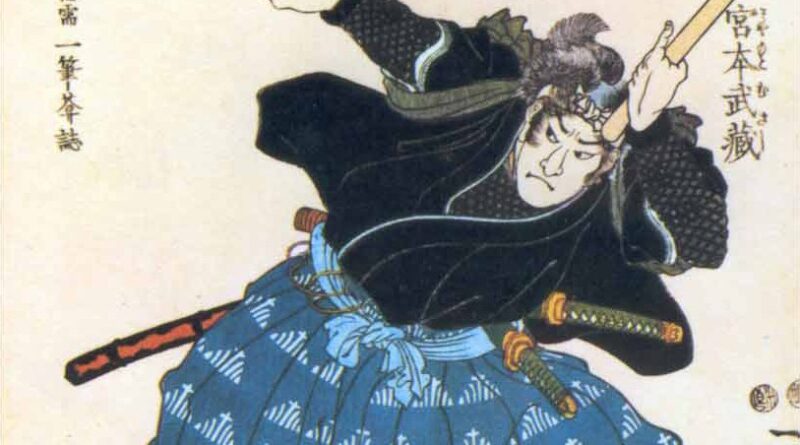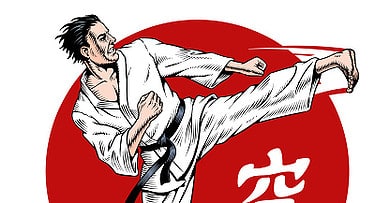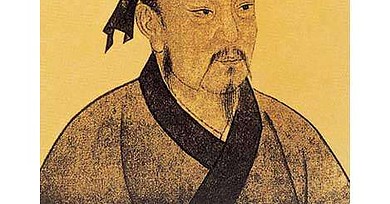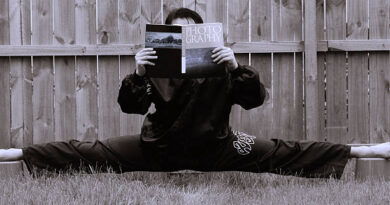What are the main ideas and principles expressed in “The Book of Five Rings”?
-
Table of Contents
“Unlock the secrets of success with The Book of Five Rings!”
Introduction
The Book of Five Rings is a classic text written by the legendary Japanese swordsman Miyamoto Musashi. It is a timeless classic that has been studied by martial artists, business people, and strategists for centuries. The book is a collection of Musashi’s thoughts on strategy, tactics, and the way of the warrior. It is a timeless classic that has been studied by martial artists, business people, and strategists for centuries. The book is divided into five sections, each focusing on a different aspect of strategy and combat. The five sections are Ground, Water, Fire, Wind, and Void. Each section contains Musashi’s insights on how to use strategy and tactics to gain an advantage in battle. The Book of Five Rings is an essential read for anyone interested in strategy, martial arts, or the way of the warrior.
Analyzing the Five Rings of Strategy in The Book of Five Rings
The Book of Five Rings, written by the legendary swordsman Miyamoto Musashi, is a classic text on strategy and tactics. It is divided into five sections, each of which is known as a “ring”. Each ring is a different aspect of strategy, and each has its own unique approach to the art of war.
The first ring is the “Book of Earth”. This ring focuses on the physical aspects of strategy, such as the terrain, the weather, and the weapons used. It emphasizes the importance of understanding the environment and using it to your advantage.
The second ring is the “Book of Water”. This ring focuses on the psychological aspects of strategy, such as the psychology of the enemy and the psychology of the self. It emphasizes the importance of understanding the enemy’s mindset and using it to your advantage.
The third ring is the “Book of Fire”. This ring focuses on the tactical aspects of strategy, such as the timing of attacks and the use of deception. It emphasizes the importance of understanding the enemy’s tactics and using them to your advantage.
The fourth ring is the “Book of Wind”. This ring focuses on the strategic aspects of strategy, such as the overall plan and the use of resources. It emphasizes the importance of understanding the enemy’s strategy and using it to your advantage.
The fifth ring is the “Book of Void”. This ring focuses on the spiritual aspects of strategy, such as the power of the mind and the power of intuition. It emphasizes the importance of understanding the enemy’s spirit and using it to your advantage.
The five rings of strategy outlined in The Book of Five Rings provide a comprehensive approach to the art of war. By understanding each of the five rings, one can gain a deeper understanding of strategy and use it to their advantage in any situation.
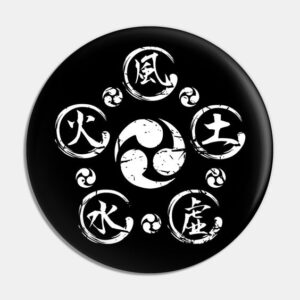
The Impact of The Book of Five Rings on Modern Martial Arts
The Book of Five Rings, written by the renowned swordsman Miyamoto Musashi in 1645, is a timeless classic that has had a profound impact on modern martial arts. Musashi was a master of the Japanese martial art of kenjutsu, and his book is a collection of his thoughts on strategy and tactics. It is considered to be one of the most influential works on martial arts and strategy, and its teachings are still studied and applied today.
The Book of Five Rings is divided into five sections, each representing a different aspect of martial arts. The first section, “The Ground Book,” focuses on the fundamentals of martial arts, such as posture, footwork, and the use of weapons. The second section, “The Water Book,” focuses on the mental aspects of martial arts, such as strategy and tactics. The third section, “The Fire Book,” focuses on the spiritual aspects of martial arts, such as the importance of discipline and focus. The fourth section, “The Wind Book,” focuses on the physical aspects of martial arts, such as the use of speed and power. The fifth section, “The Void Book,” focuses on the philosophical aspects of martial arts, such as the importance of understanding one’s opponent.
The teachings of The Book of Five Rings have had a lasting impact on modern martial arts. Musashi’s emphasis on strategy and tactics has been adopted by many martial arts schools, and his teachings on the importance of discipline and focus have been embraced by many martial artists. His philosophy of understanding one’s opponent has been adopted by many martial arts schools, and his teachings on the use of speed and power have been embraced by many martial artists.
The Book of Five Rings has also had an impact on the way martial arts are taught. Many martial arts schools now incorporate Musashi’s teachings into their curriculum, and many martial arts instructors use his teachings as a way to help their students understand the importance of strategy and tactics.
In conclusion, The Book of Five Rings has had a profound impact on modern martial arts. Its teachings on strategy and tactics, discipline and focus, understanding one’s opponent, and the use of speed and power have been embraced by many martial arts schools and instructors. Its timeless wisdom continues to be studied and applied today, and its influence will continue to be felt for many years to come.
Exploring the Philosophy of Musashi Miyamoto in The Book of Five Rings
The Book of Five Rings, written by the renowned samurai Musashi Miyamoto, is a classic text on the philosophy of martial arts. It is a timeless work that has been studied and admired by martial artists and philosophers alike for centuries. In this book, Miyamoto outlines his philosophy on the art of swordsmanship and the principles of strategy.
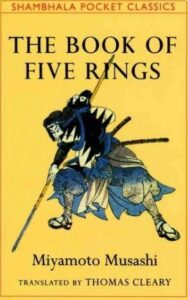
Miyamoto’s philosophy is based on the idea that the martial arts are a way of life, and that the swordsman must strive to become one with his sword. He emphasizes the importance of mastering the basics of swordsmanship, such as proper posture, footwork, and technique. He also stresses the importance of developing a strong mental attitude and a deep understanding of the principles of strategy.
Miyamoto also emphasizes the importance of understanding the opponent. He believes that the swordsman must be able to read the opponent’s movements and anticipate their next move. He also believes that the swordsman must be able to use the environment to his advantage, such as using the terrain to his advantage or using the opponent’s own momentum against them.
Miyamoto also stresses the importance of developing a strong spirit. He believes that the swordsman must be able to remain calm and focused in the face of adversity. He also believes that the swordsman must be able to maintain a sense of humility and respect for their opponents.
The Book of Five Rings is a timeless classic that has been studied and admired by martial artists and philosophers alike for centuries. It is a must-read for anyone interested in the philosophy of martial arts and the principles of strategy. Miyamoto’s philosophy is based on the idea that the martial arts are a way of life, and that the swordsman must strive to become one with his sword. He emphasizes the importance of mastering the basics of swordsmanship, such as proper posture, footwork, and technique. He also stresses the importance of developing a strong mental attitude and a deep understanding of the principles of strategy. Miyamoto also emphasizes the importance of understanding the opponent and using the environment to his advantage. Finally, he stresses the importance of developing a strong spirit and maintaining a sense of humility and respect for one’s opponents.
